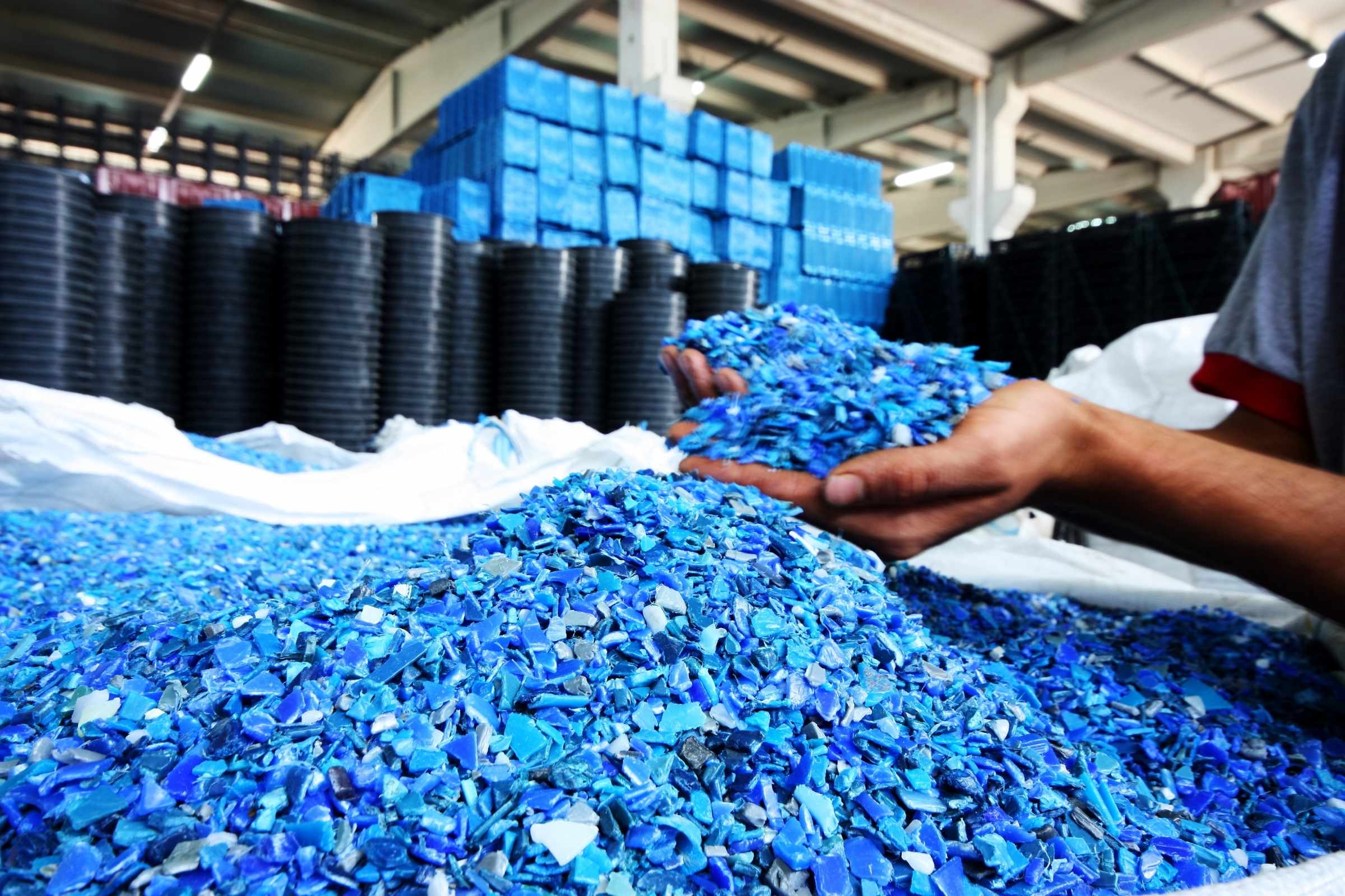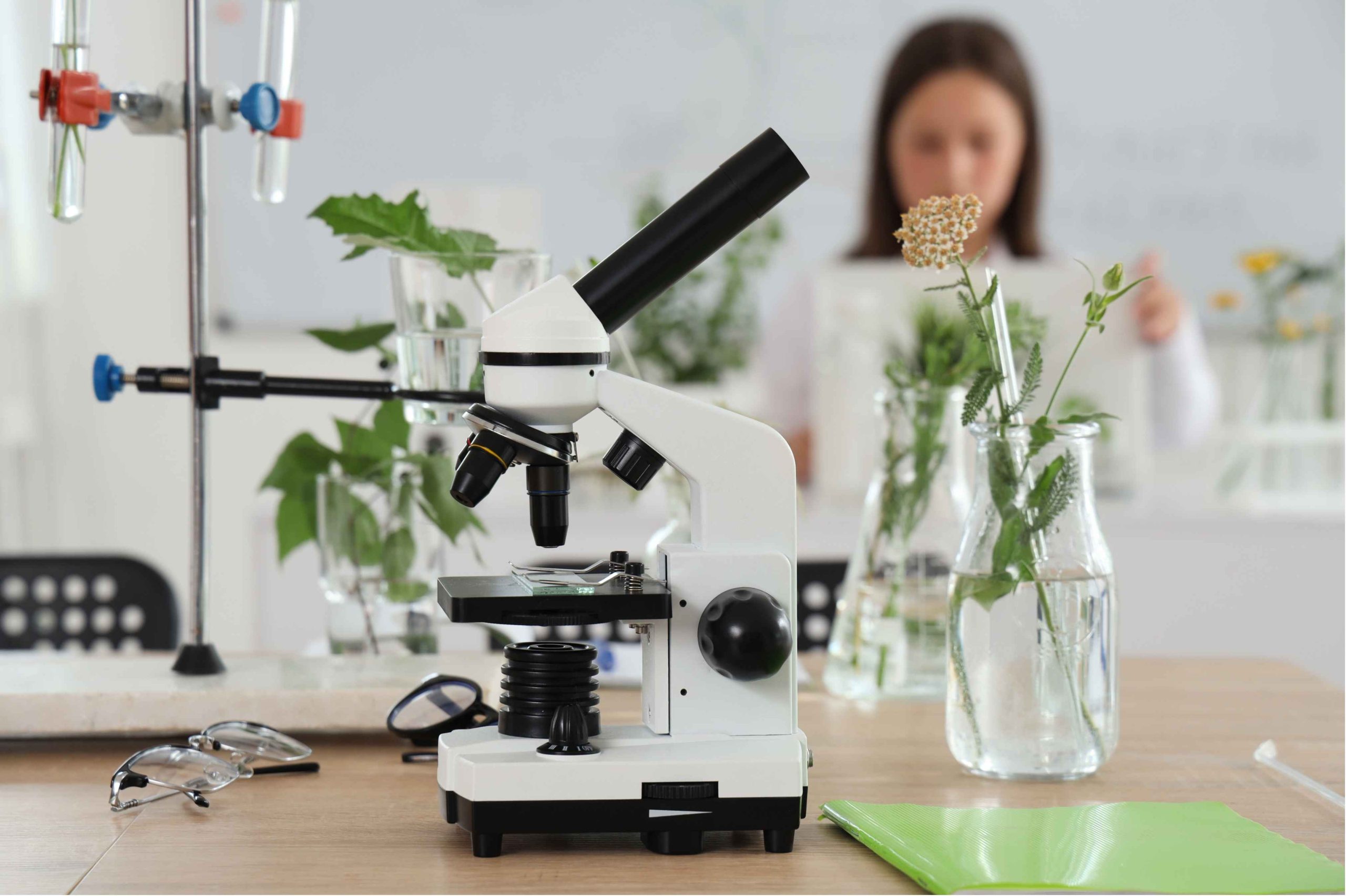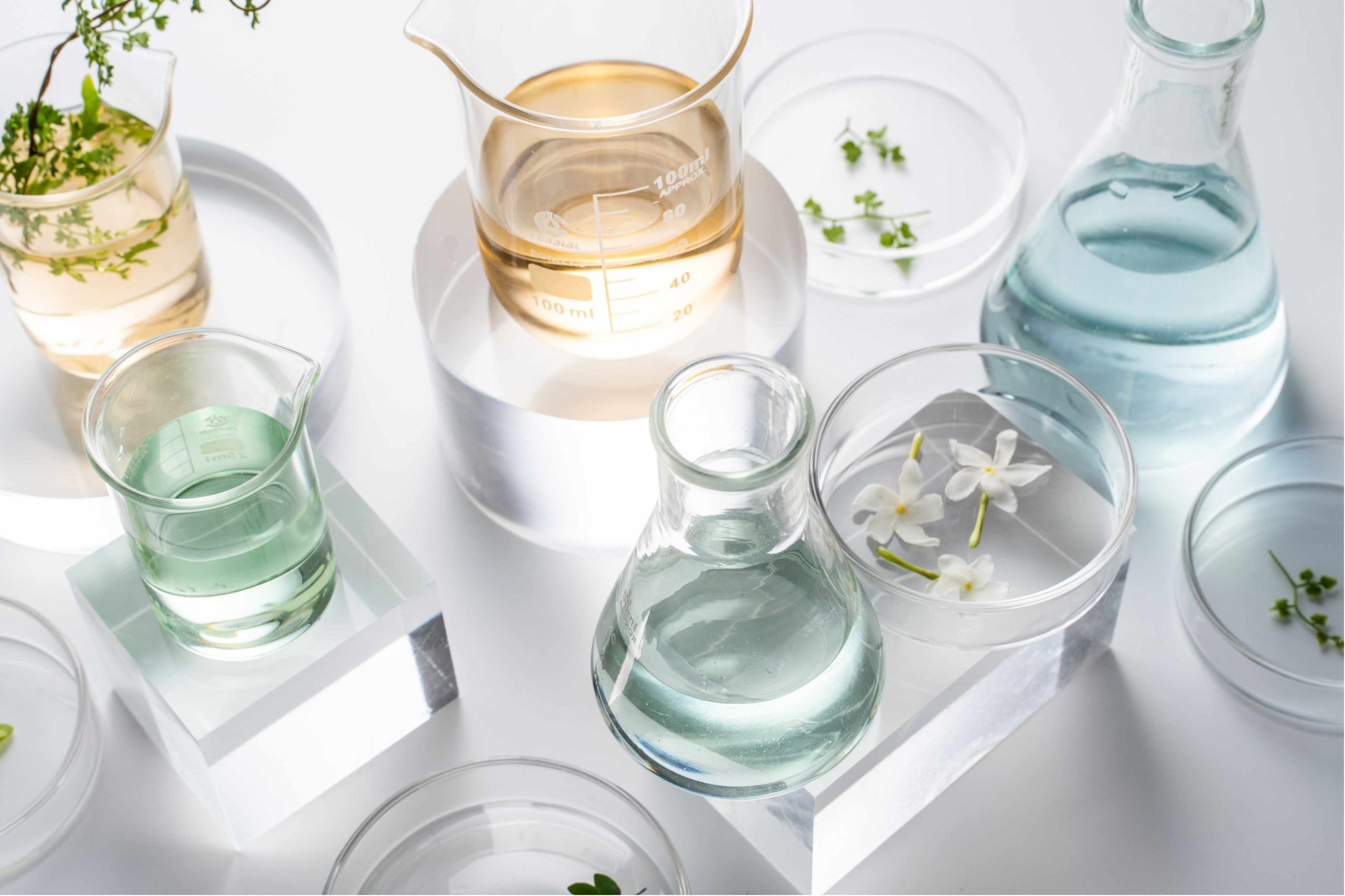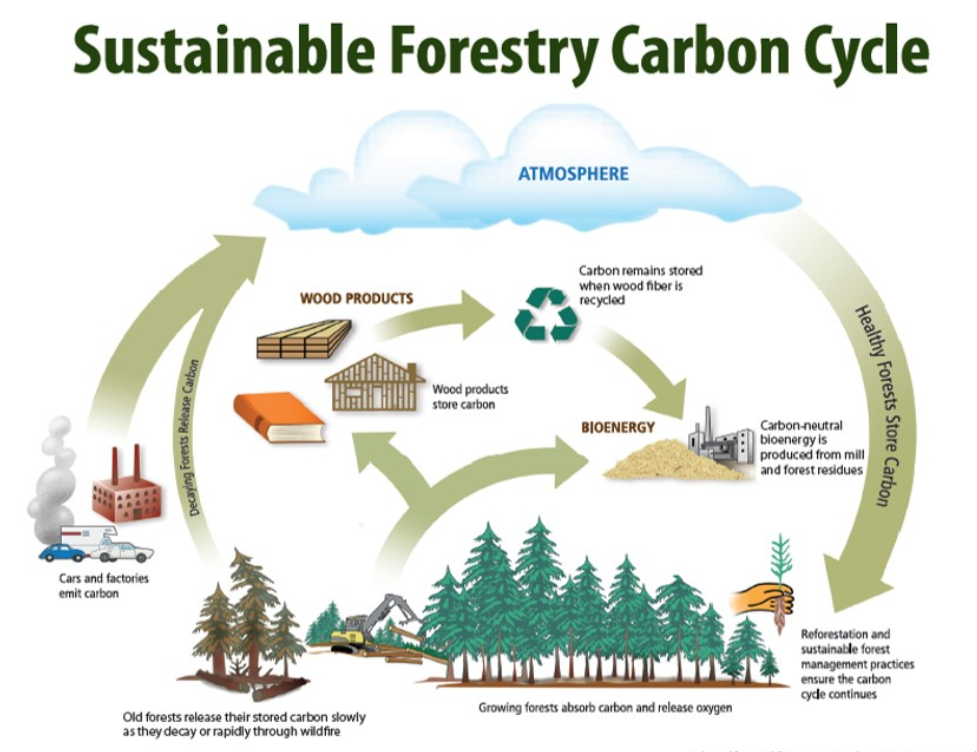Our Services & Technology

Renewable Polymers
Renewable Chemistries
Renewable Chemistries aims at developing advanced plant-based chemicals and materials from non-food resources. Plant-MEG (mono-ethylene glycol), which is a viable and cost-effective plant-based alternative for fossil-MEG is our prime product.
Industries such as textiles, packaging, furniture, and automotive are moving towards a fossil free world. Plant-MEG has a high prospect to step up the pace from carbon-dependence.


Levulinic Acid
Levulinic acid has extensive recognition as a foremost potential biobased platform chemical. As the world transits from fossil to alternative feedstocks, levulinic acid possess an exceptionally flexible building block for chemicals and materials derived directly from biomass.
- Levulinic acid esters (LA-esters)
- Levulinic acid ketals (LA-ketals)
Research & Development
Abizel specializes in revolutionary and unique technologies through developing catalytic Research and Development solutions. We provide companies with solutions that aid them in reaching their sustainability, profitability and growth targets by employing unique technology and research expertise.


Sustainability
Since all plants absorb carbon during growth. Some international companies report carbon-negative climate change results for their biobased materials, taking this short-term carbon storage into account. For instance, European LCA standards and methods do not allow carbon discounting based on temporary storage.
It is proven, however, that the use of renewable carbon feedstocks for the production of plant-based chemicals and plastics has a clear link to reducing the risk of climate change. The carbon absorbed by plants is used to produce chemical materials, which is then released at the end of the product lifecycle, with a net neutral impact on the CO₂ concentration in the atmosphere. In contrast to this, fossil-based materials and plastics use fossil carbon, such as petroleum, which was previously stored underground and release this additional CO₂ to the atmosphere.
Life Cycle Assessment
Life Cycle Assessment (LCA) is fundamental to understanding how Abizel compete with fossil-based alternatives, as well as the potential sustainability benefits of our services. LCA is the most recognised method to quantitatively assess potential environmental impacts of products, services or processes.
An LCA assesses the whole value chain of a product, from the extraction or cultivation of raw materials through production, use and disposal of the product (“cradle to grave”). Environmental impacts that are usually evaluated include greenhouse gas (GHG) emissions, impacts on natural resources, ecosystems and human health. An LCA can be used as scientific basis to compare different products and to identify and prioritise opportunities for improvement.

Frequently Asked Questions
Most Common Questions
Abizel develops renewable and sustainable chemical solutions including biobased polymers, renewable chemistries, and levulinic acid derivatives to replace fossil-based materials across industries.

